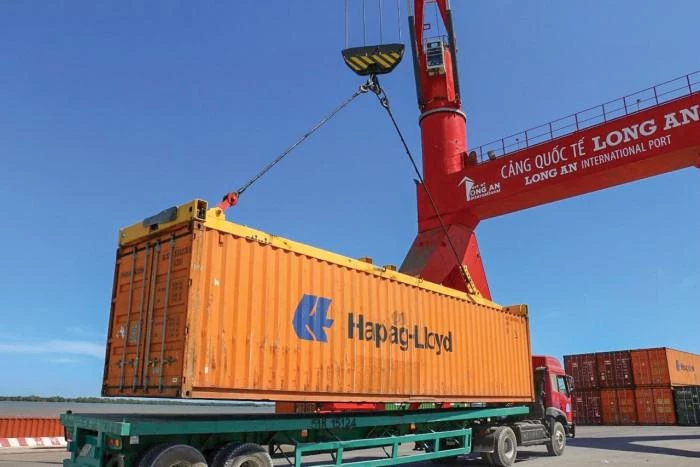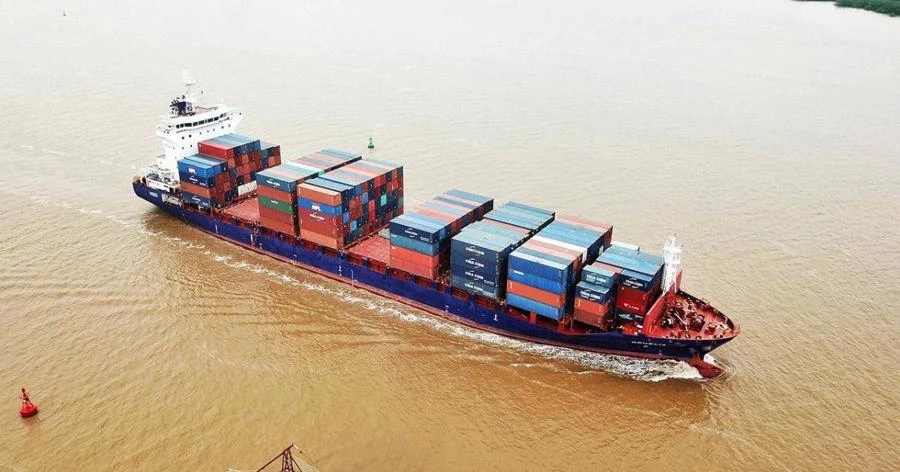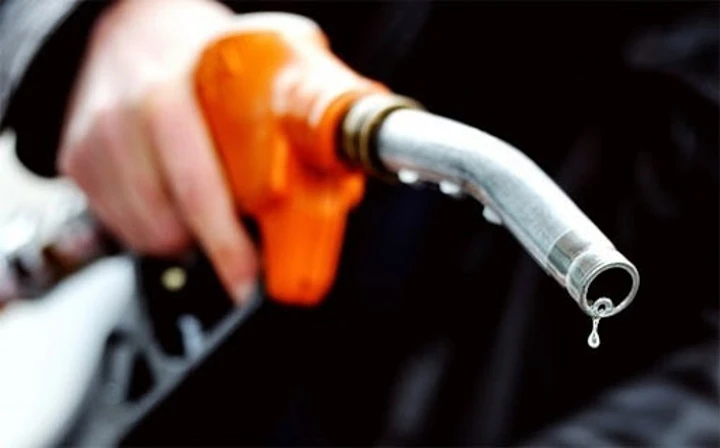


Project "Container Bus" - The Solution To The Problem Of Logistics Costs
Dong Tam Group (Long An) recently raised the first outline of the project "Container bus" (understood as river bus that collects goods on the axle) with the desire to contribute to promoting the circulation of goods and services. reduce logistics costs for the Mekong Delta region.

SOLUTIONS TO THE LOGISTICS COSTS PROBLEM OF THE CUC LONG RIVER Delta
According to the Department of Inland Waterways, Ministry of Transport, the role of inland waterways in circulation is very large; in which water transport accounts for nearly 20% of the country's total output and goods movement. However, in reality, the investment level is not commensurate with the available potential, accounting for only 1.4% of the total investment in transport infrastructure. The southern provinces and cities, especially the Mekong Delta region, have an interlaced system of rivers and canals, which is considered an advantage in developing and improving the capacity of inland waterway navigation, as well as the road tourism segment. river. Mr. Vo Quoc Thang, Chairman of the Board of Directors of Dong Tam Group, analyzed: The southwestern provinces with the current situation of road traffic are overloaded, but have not been fully invested, goods in this area are transported. to Ho Chi Minh City and major deep-water ports, mostly by road. This is even more difficult because logistics costs increase, leading to increased prices, reducing the competitiveness of domestic goods. Also according to Mr. Thang, at present, industrial zones - clusters, factories, ports, inland waterways, etc., the connection with each other is not smooth, as well as connecting with deep-water ports in the region. other and international. Therefore, businesses often have to accept very high logistics costs. “If the waterways - the Mekong Delta are fully connected, it will bring many socio-economic meanings, remove the "knots" for goods circulation, help reduce logistics costs, attracting more investors to the Mekong Delta provinces, creating additional revenue for the locality, promoting the socio-economic development of the provinces and cities in the region, "Mr. Thang analyzed. . Commenting and evaluating the idea and vision of this new project, Mr. Bui Thien Thu, Director of the Department of Inland Waterways, Ministry of Transport said that: In the general trend of containerization in shipping, The project "Container bus" is almost a part of the solution to the logistics problem in the Mekong Delta, as well as especially meaningful for typical agricultural products of the region. In addition to solving the current problems as mentioned, when the project comes into operation, it will promote the region's socio-economic development. The head of the Vietnam Inland Waterway Administration also noted that the project committee should pay special attention to issues such as: The planning must ensure efficiency, determine the starting and ending points of the route; research on exploitable output, in particular, the need for experimental steps such as putting the prototype line into operation are key factors to confirm the feasibility of the project; Applying technology to operations…
THE VALUES FROM THE IDEA OF “BUS CONTAINER”
The idea of a project "Container bus", also known as "River bus", "Inland port river bus", was once raised by logistics experts as a solution for circulation and transportation. goods take advantage of inland waterways. In freight logistics, a deep-water port is a very important advantage and requirement, helping to receive large vessels, simultaneously transporting many goods (TEUs), and thus reducing costs. It is very difficult for the Mekong Delta to invest in building a deep-water port. The reasons given by experts are: Difficult natural conditions; spend a lot of investment on dredging the channel every year; and because of this also hinder the development of the region.

Based on the existing difficulties and specific advantages of the interlaced river and canal system in the Mekong Delta, it is proposed that inland river ports in the region will be planned as "shipping" stations. container bus”. Accordingly, localities that do not currently have the conditions to build large deep-water ports can build small ports to serve transshipment of goods. At that time, the goods are transported from the place of production to the small port. The fleet of "buses" (barges) will transport goods and containers to large deep-water ports. According to calculations by logistics experts, compared to the cost of transportation by road, the cost of transportation by river bus is much "softer". For example, a barge with the capacity to transport 40-50 TEUs from the Mekong Delta to Ho Chi Minh City or Binh Duong costs only about 40-50 million VND for one way. While on the road side, for example from Vinh Long/Can Tho to Cat Lai/Long An, it's about 4 million VND per container. With a limited transport capacity of two 20′ (20 feet) containers or one 40' container for a tractor-trailer circulating on the road.
Assuming that, the Mekong Delta has from 30 to 50 "river bus" terminals (inland ports), every day there are 1-3 barges calling to pick up goods (containers) and transport them to the assembly in the Mekong Delta. At large ports, it will be very convenient for the organization of production in the locality, and will not face the current difficulties in goods circulation. This is also the key to contributing to the creation of comprehensive social values in the future for localities in the Mekong Delta.
Source: VnEconomy


